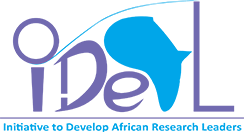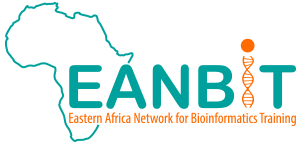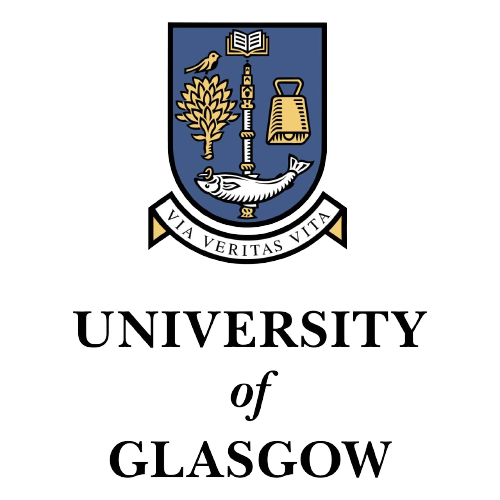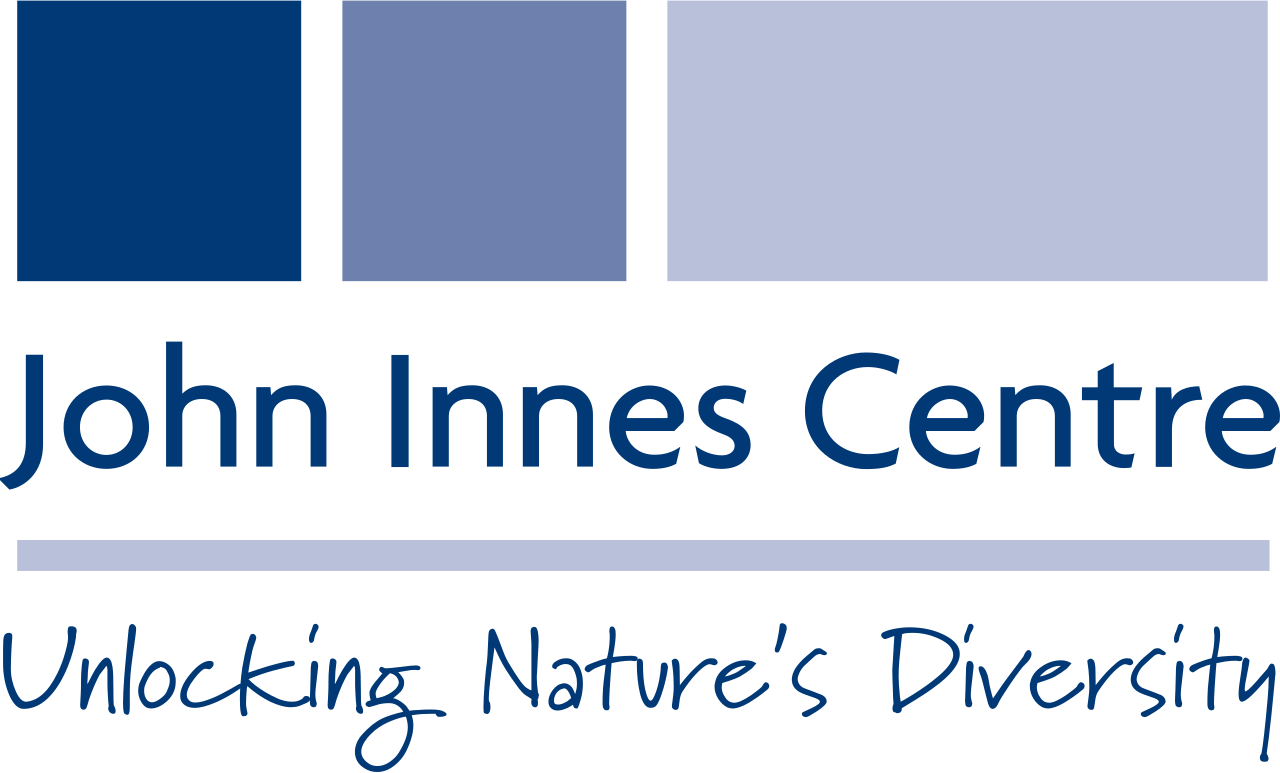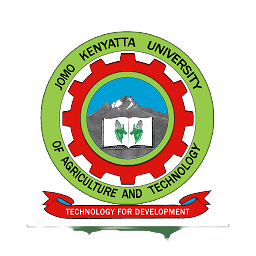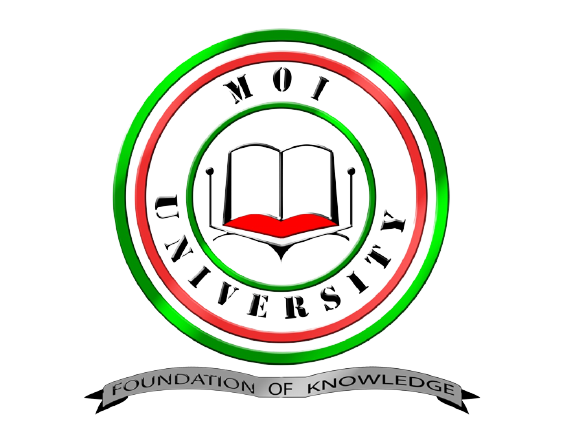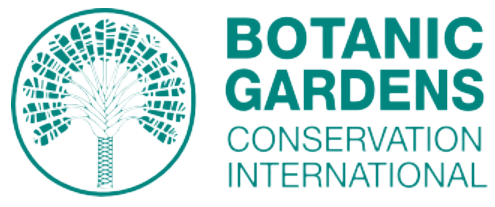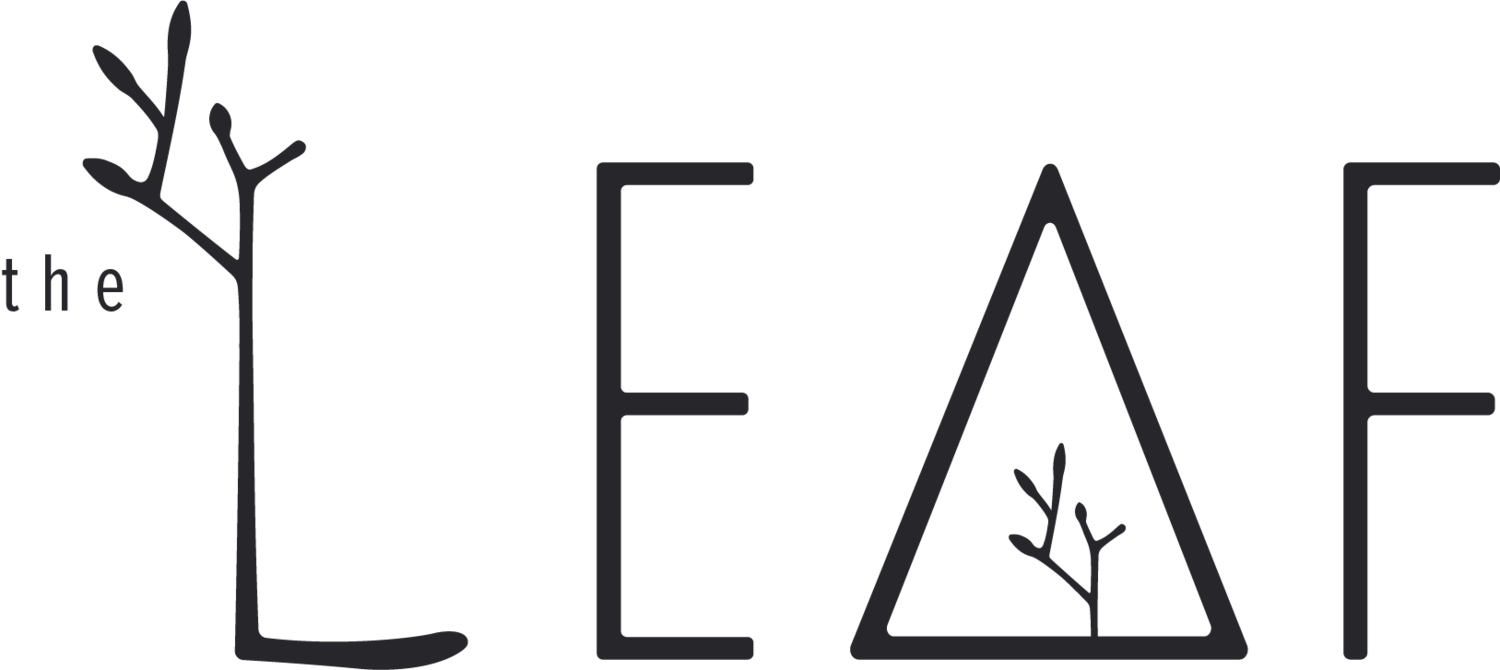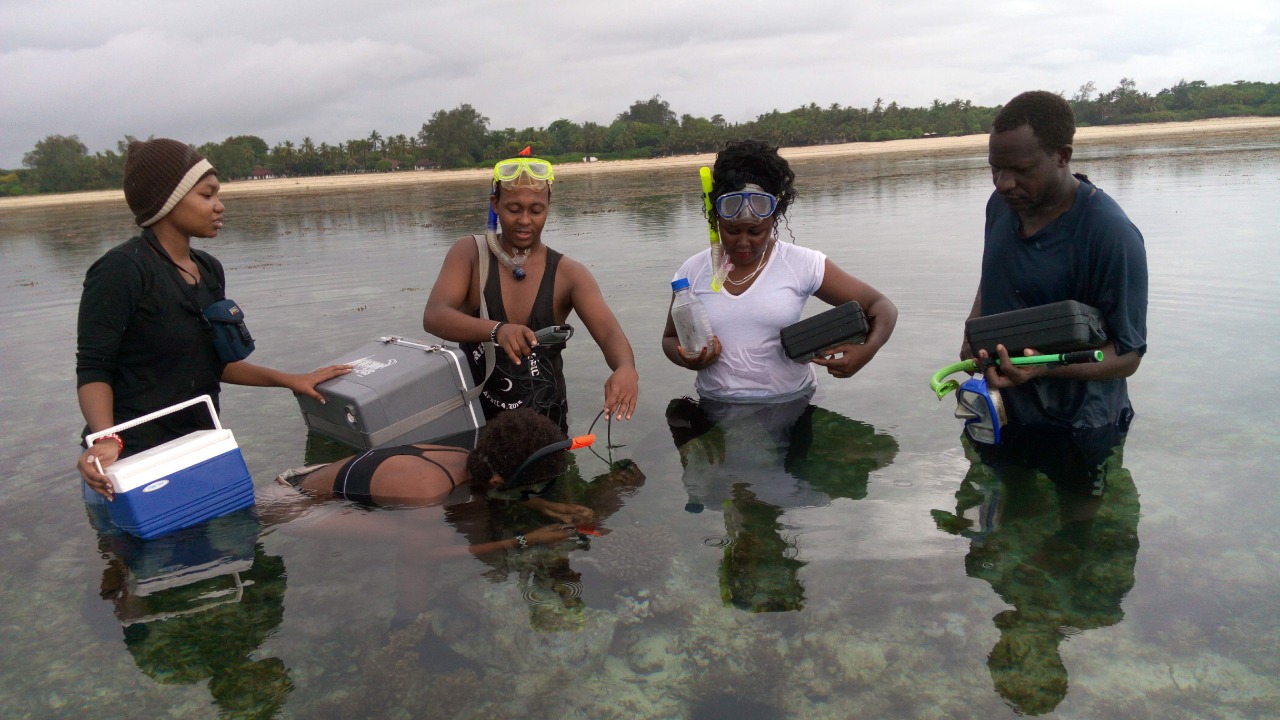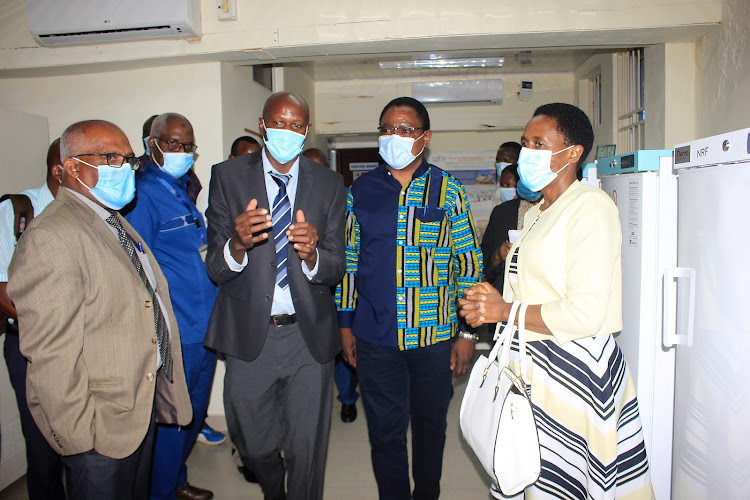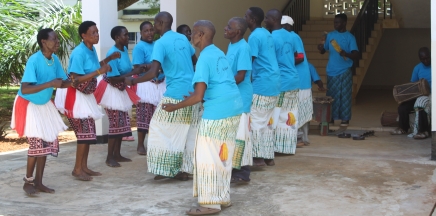This is a niche area for Pwani University, due to its close proximity to the Indian Ocean. The marine environment is currently facing extreme anthropogenic stress due to increased economic activity. Marine microorganisms are highly sensitive to ecological changes and can therefore serve as biomarkers for marine pollution and monitoring of marine ecosystems and restoration activities within the region.
Studies on the metagenomic assessments of anthropogenic impacts on microorganisms associated with coral-reefs, seagrasses and mangroves on the Kenyan Indian Ocean have been conducted at PUBReC, which has led to optimization of PCR assays for detection and identification of human-source pollution in the marine environments using microbial indicators. Areas of research interest that will synergise the ongoing activities include monitoring of pollution and restoration initiatives of tropical coral reefs within the Indian Ocean.
Projects
| S. No. | Project title | Principal Investigator(s)/Lead Scientist(s) | Affiliation | Source of funding/Support | Thematic Area |
| 1 | Metagenomics Assessment of Anthropogenic Impact on Coral reef Associated Microorganisms on the Kenyan Indian Ocean. | Prof. Santie de Villiers Dr. Sammy Wambua | Pwani University | Swedish Research Council | Marine Sciences |
| 2 | Identifying Genetic Drivers of Fibropapillomatosis in Green Sea Turtles (Chelonia mydas) in Kenya. | Western Indian Ocean Marine Science Association (WIOMSA) | Marine Sciences |

